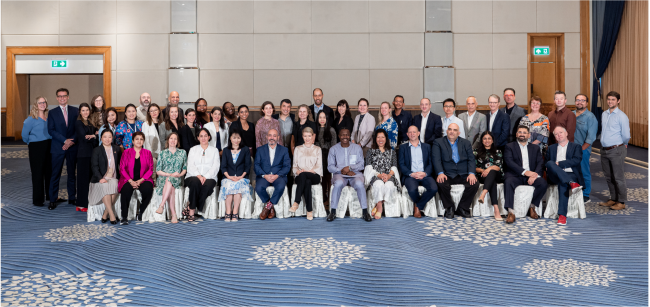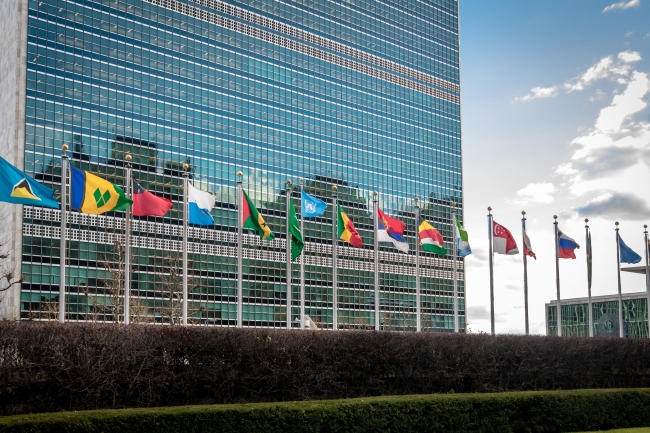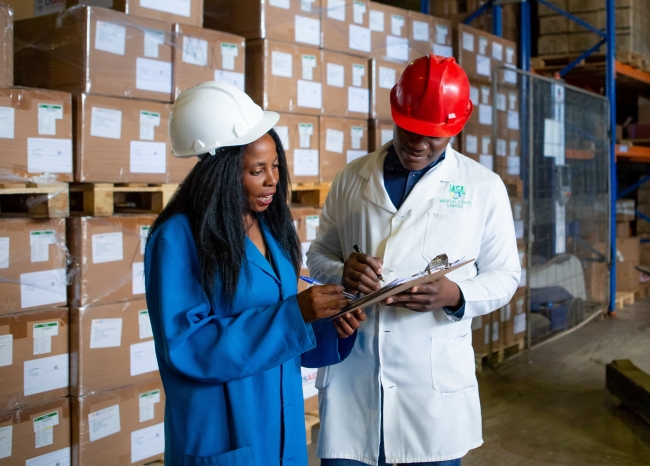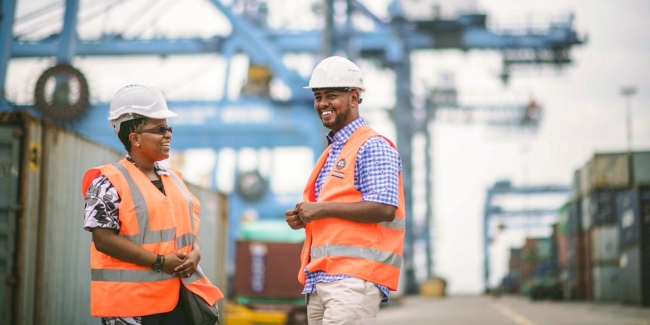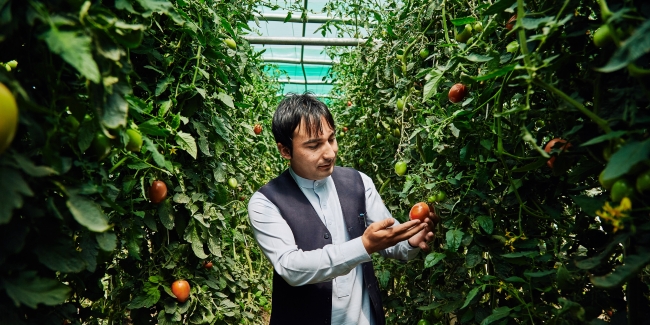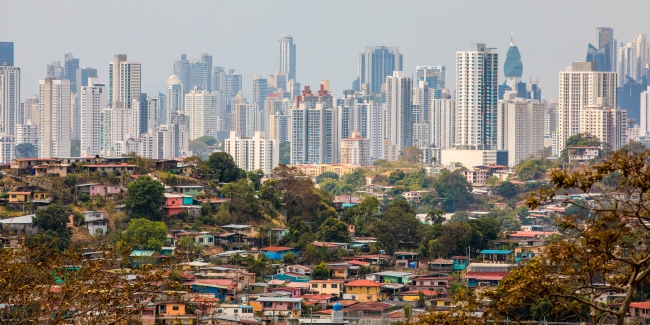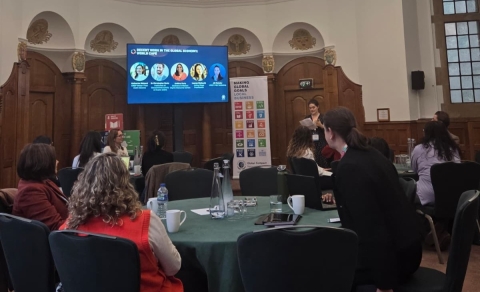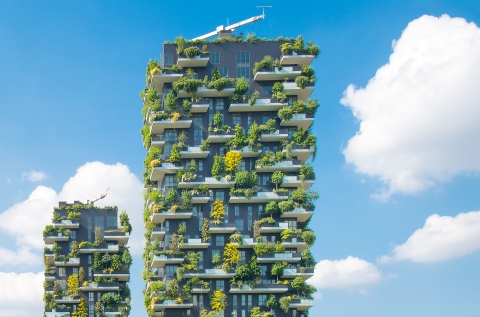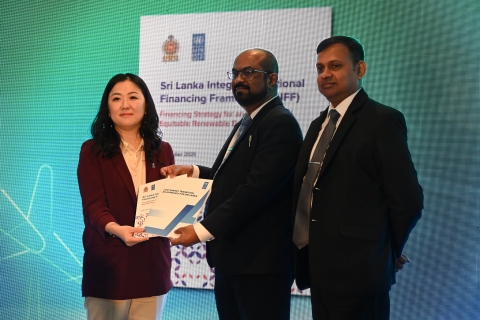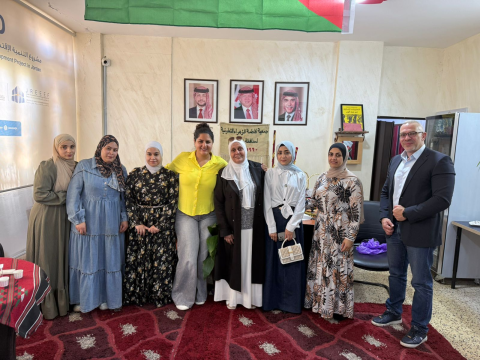A moonshot for sustainable development: A short blog on SDG finance and INFFs
22 SEPTEMBER, 2022
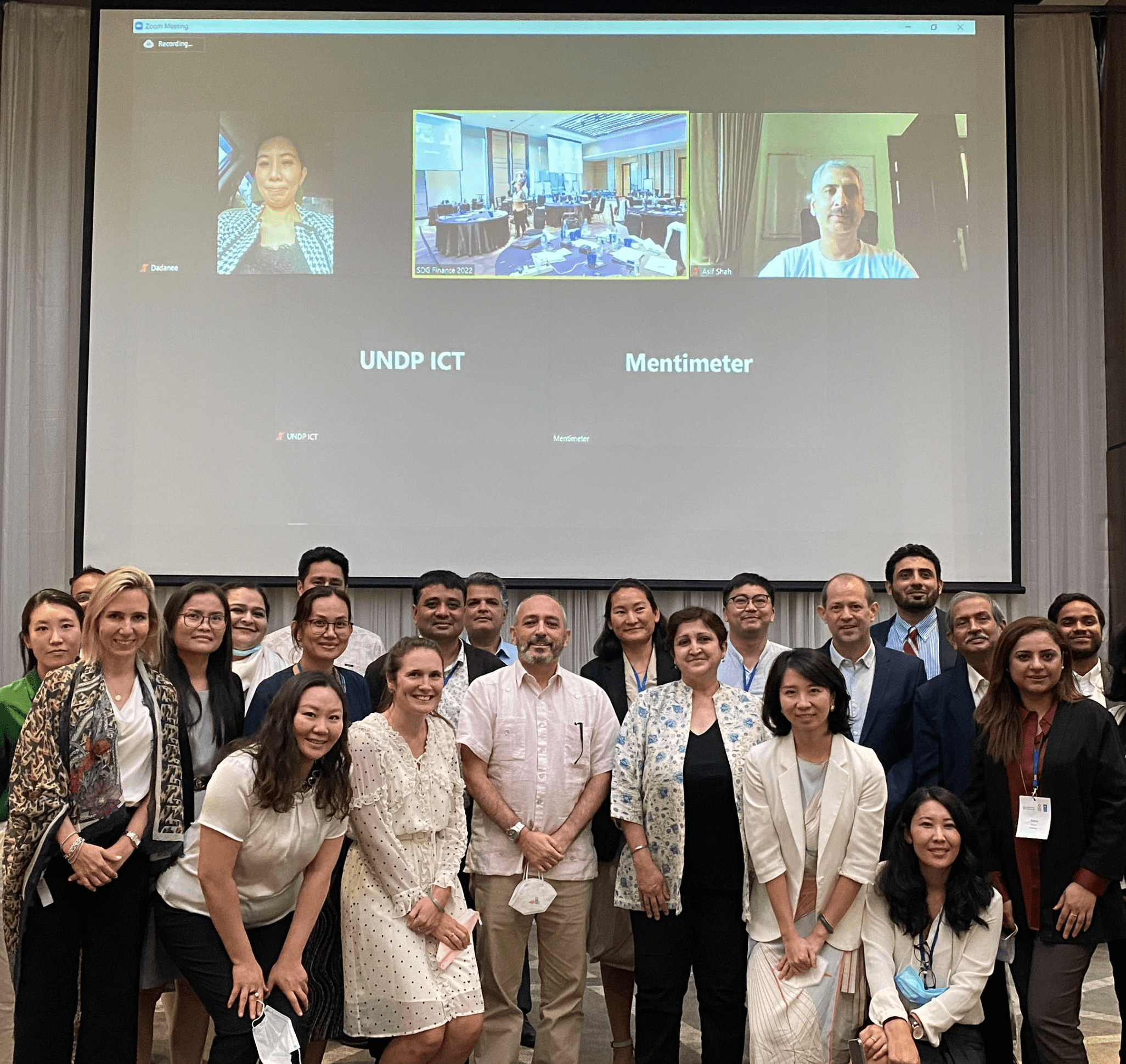
Last June of this year, I was lucky to have been sent to a workshop in Bangkok, Thailand, which zoomed in on how we can strengthen the financing of sustainable development goals (SDGs) in an integrated manner. Organized by and through the SDG Finance Academy, the workshop gathered UNDP practitioners from the Asia and the Pacific region who are working on initiatives related to leveraging resources towards SDGs, including alignment of public finance to SDGs, unlocking of private capital for SDGs, and integrated national financing frameworks or INFF, among others.
Trillion Dollar Moonshot, what?
In the workshop, what struck me most was our discussion on the UNDP’s Trillion Dollar Moonshot. Yes, you read it right - it is a trillion-dollar target for SDGs. While it is a global target, a trillion dollars look hefty, don’t you think? But before I suggest an answer to that question, first, I need to mention that as the UNDP Sustainable Finance Hub clarifies, this amount is not a resource mobilisation target or an amount that UNDP is going to be accountable for. Rather, it is a target investment that UNDP aspires to bring together towards the SDGs, which can be both through financial resources and/or partnerships that could support SDG achievement.
Now, looking at the amount, how big really is this target? In 2021, the global wealth was reported to have reached $418 trillion. The one-trillion-dollar moonshot is 0.24% of the total global wealth. Thus, while at face value the figure seems huge, it is in fact a reasonable amount of investments that we – UNDP and its partners, with or without the “moonshot” – should actually commit towards our Global Goals.
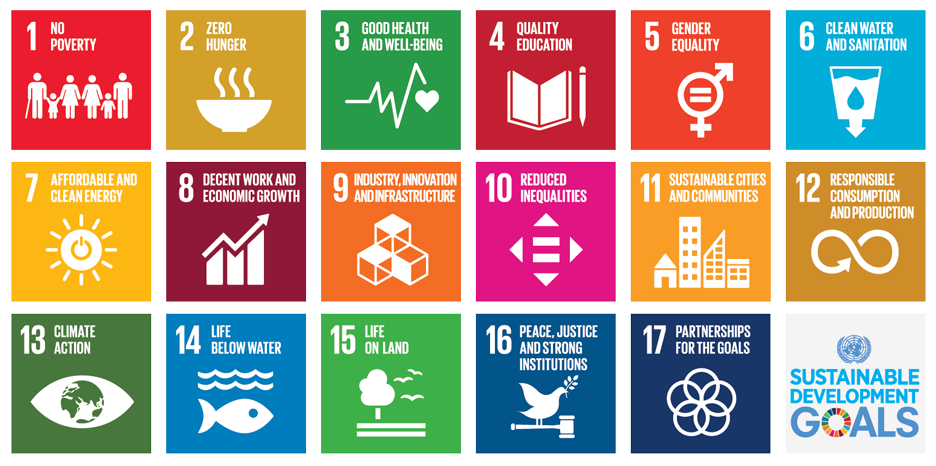
How are we faring in achieving SDGs in the Philippines?
I am writing this piece in 2022, merely 8 years away from 2030 – the year we committed to end poverty, protect the planet, and ensure that all people around the world enjoy peace and prosperity. In the Philippines, the initial 2022 Development Finance Assessment Report indicates that the progress made in many of the SDGs had been pushed back, and the realization of SDGs at the country level have become even more challenging, especially due to the pandemic. For instance, in relation to our goal of eradicating poverty, latest data of the Philippine Statistics Authority4 denotes a 2.6% increase in poverty incidence in the country (from 21.1% to 23.7%), which is equivalent to around 26.14 million Filipinos living below the poverty threshold.
More so, the health crisis has significantly impacted SDG financing in the country, as it appears to reverse earlier gains in bridging the investment gap achieved in recent years since the adoption of the SDGs in 2015. Hence, as 2030 is coming very soon, there is an urgent and growing call for a recharged commitment among key stakeholders towards a more integrated and synchronized financing strategy towards achieving the SDGs, at a global and country level.
As 2030 is coming very soon, there is an urgent and growing call for a recharged commitment among key stakeholders towards a more integrated and synchronised financing strategy towards achieving the SDGs, at a global and country level.
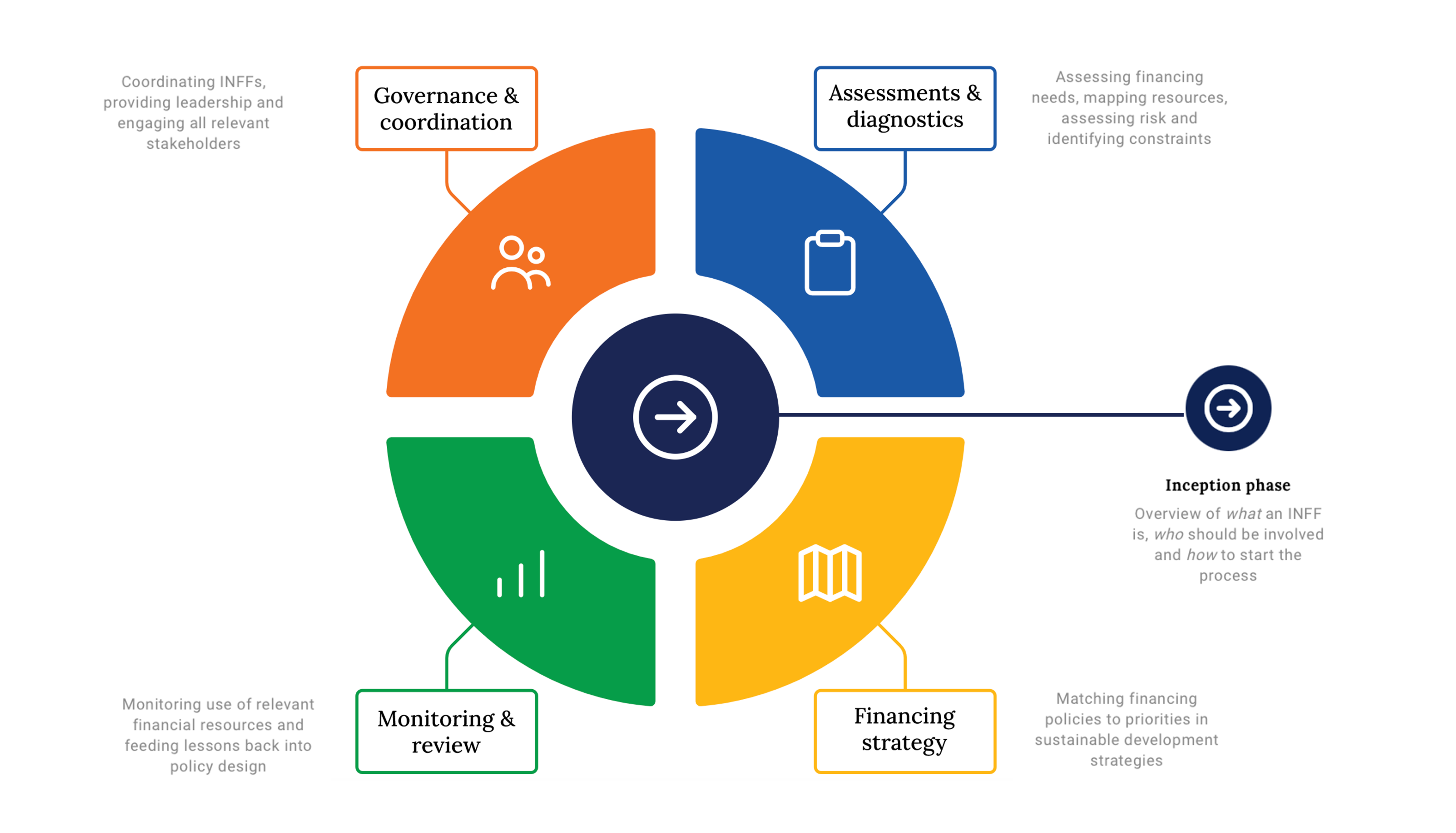
How can we address the gaps?
Filling in this gap, the Addis Ababa Action Agenda set forth in 2015 stipulates the adoption of an Integrated National Financing Framework (INFF) aimed at supporting the implementation of the SDGs through a global framework for financing sustainable development. The INFF, an approach agreed to and recommended by country governments, was introduced to assist nations to build a more integrated approach in financing the SDGs by strengthening alignment of public and private investments with longer term sustainable development objectives.
In the Philippines, we are happy to note that we have the on-going Joint Programme on INFF being supported by the Joint SDG Fund, which aims to apply and adopt the INFF building blocks in the country with the overall objective of strengthening the alignment of the planning and budgeting systems towards SDGs. It also targets to develop financing solutions to mobilise additional resources for SDG-related programs and projects, especially in relation to the focus SDGs of the Joint Programme (SDGs 3, 4, 5, 8, and 17).
Now, going back to the June workshop I attended, I have learned that the general problem, as also pointed out a few paragraphs ago, is actually not about the availability of financial resources – we established that global wealth is abundant. Experts suggest that the issue is regarding our financing systems, such as on how and where we allocate resources. Anent this, the importance of bringing together non-traditional actors, such as the private sector, and other non-government organizations, in investing towards the SDGs is crucial.
So, what’s next?
The ongoing JP INFF is not viewed as a one-time exercise, rather it is intended to serve as a catalyst for hopefully bigger (in scope and in scale) and more responsive initiatives and reforms that shall aid the country in achieving SDGs. Thus, what it aims to deliver are products that can be replicated, utilized, scaled up, and/or at least ignite conversations on how we can finance programs that have direct contribution in attaining the 17 global goals. The work ahead, therefore, is ample - challenging but also exciting, knowing that ultimately, these will lead to efforts that will help poor Filipinos - to keep them healthy and safe, be free from hunger and poverty, and have a meaningful and sustainable life.
The Trillon Dollar moonshot is absolutely timely and realistic. What needs to be done is clear – concerted efforts from the whole of ecosystem in implementing ways towards SDGs. While the trillion dollar is UNDP’s moonshot for the SDGs, you, reading this piece, is and should be actually part of it. If you are not yet one, partner with UNDP or any organisation promoting SDGs, or simply learn what SDGs are about, and, in your own little way, find means to support them. [E]
About the Author
Aljo Quintans is the Joint Programme Coordinator of JP INFF in the Philippines. He has been a development worker for more than 12 years.

